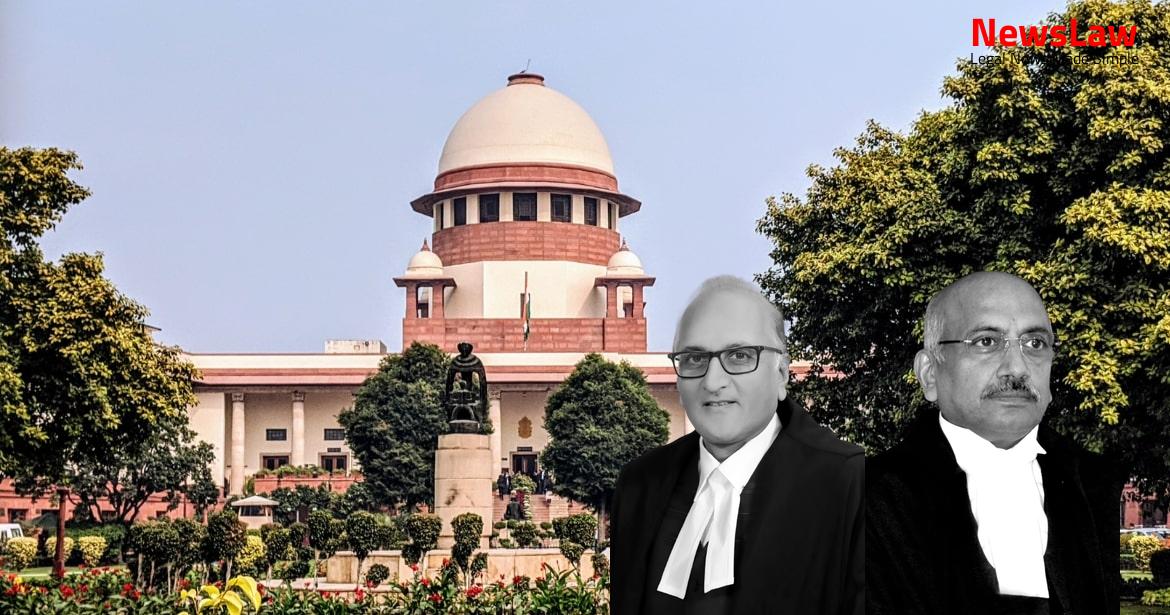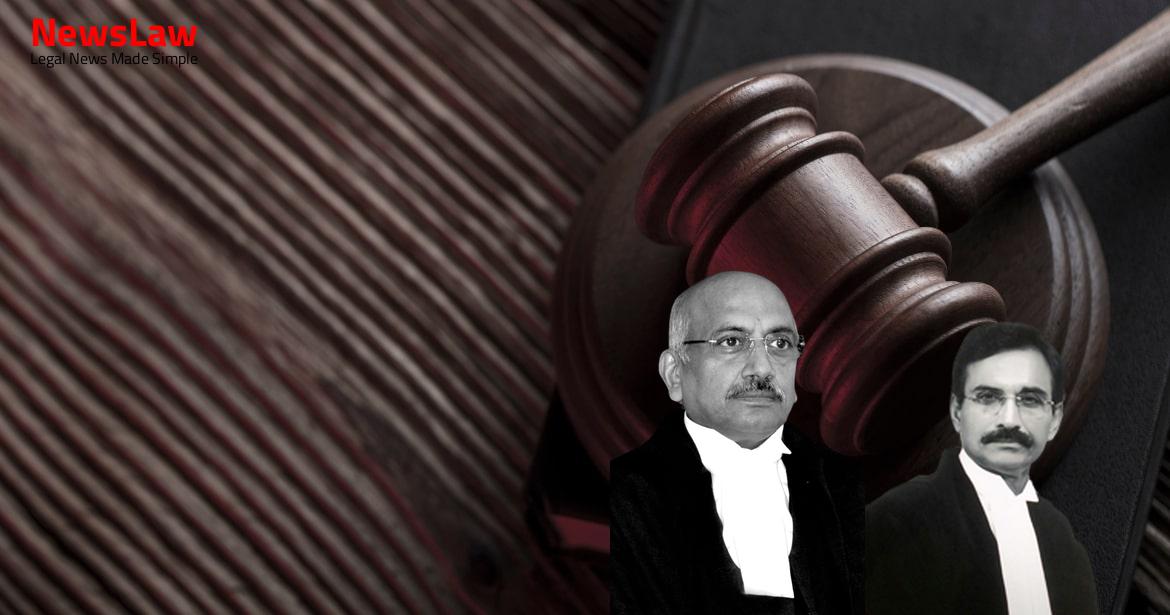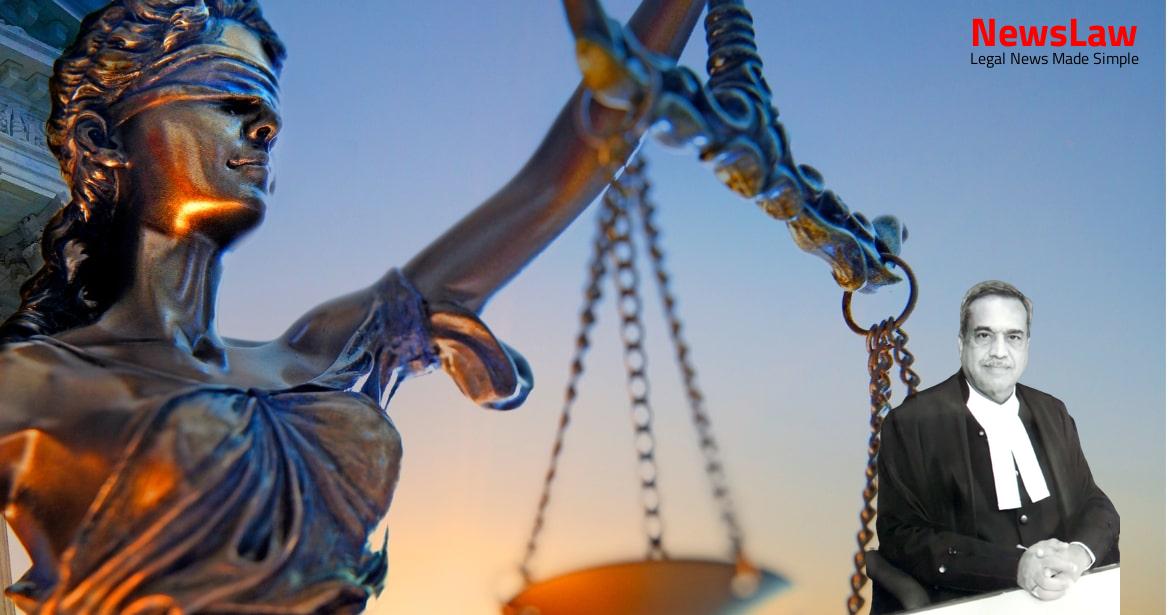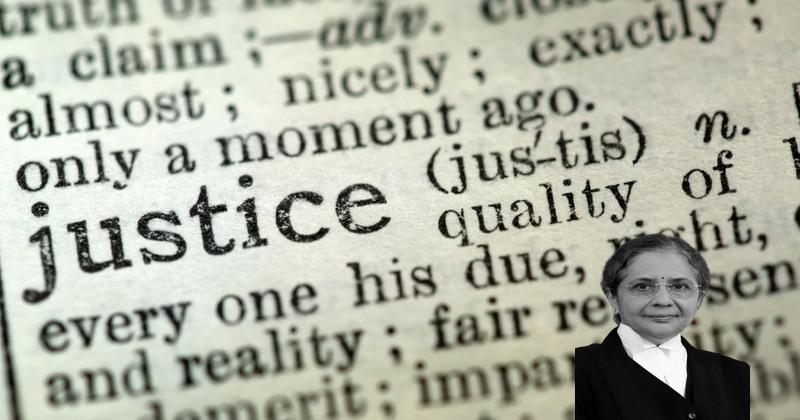A recent legal case saw convictions being overturned by the court due to the lack of concrete evidence linking the accused to the crime scene. The court’s emphasis on the importance of scrutinizing evidence thoroughly highlights the critical role of evidence in legal proceedings. Let’s delve into the detailed legal analysis that led to this significant decision.
Facts
- Six accused were tried for offenses under various sections of the IPC, SC/ST Act, and Arms Act.
- Accused Hari Om was awarded death sentence under Section 396 IPC, while the others were acquitted of certain charges.
- The High Court affirmed the conviction and sentence of Hari Om, Sanjay, and Saurabh, while acquitting Haseen, Rijwan, and Rafique.
- Reason for acquittal of Haseen, Rijwan, and Rafique was lack of evidence and mismatched fingerprints.
- Accused Hari Om was acquitted from certain other charges under IPC, SC/ST Act, and Arms Act.
- Various criminal appeals were filed challenging the convictions and sentences.
- The Trial Court accepted the prosecution’s case against all six accused for the offense under Section 396 IPC.
- Sentences were imposed by the Trial Court and omissions in statements were noted but not enough to reject evidence.
- Recovery of knife by Hari Om was noted without a proper disclosure statement but considered admissible.
- Accused Haseen Khan, Rafique, and Rijwan were acquitted by the High Court.
- Appeals were filed by Hari Om, Sanjay, and Saurabh challenging the High Court’s judgment.
- Accused persons were discharged and acquitted from various sections of IPC, SC/ST Act, and Arms Act.
- Family of late Fauzi Rajpal consisted of his wife, a daughter, and three sons.
- Hari Om and accomplices committed the murder of Nirdosh Kumari and her three children during the night.
- The cause of death for the victims was determined to be asphyxia due to strangulation.
- Various injuries were observed on the bodies of the deceased, indicating a brutal crime.
- Accused persons were apprehended, and items like weapons and jewelry were recovered from them.
- Statements of witnesses, including family members and neighbors, provided key insights into the incident.
- Identification of accused individuals and their involvement in the crime was established through witness testimonies and evidence.
- The investigation involved the examination of finger prints, post-mortem reports, and recovery of stolen items.
- Charges were framed against the accused based on the gathered evidence and witness accounts.
- The trial court proceedings and investigative steps were detailed and conducted meticulously.
Also Read: Electoral Malpractices in Mayor Election
Arguments
- Ms. Aishwarya Bhati, learned Additional Solicitor General representing the State, vouched for the credibility of the testimony of PW5 Ujjwal.
- PW5 Ujjwal’s account was deemed reliable and supported by corroborating evidence on key points.
- The rule of prudence was mentioned to emphasize the thorough verification conducted on PW5 Ujjwal’s version.
Also Read: Balancing Power and Transparency: Electoral Bonds Struck Down, Disclosure Mandated
Analysis
- The testimony of PW5 Ujjwal is found to be inconsistent and unreliable.
- Glaring inconsistencies and contradictions in the evidence provided by witnesses.
- Lack of medical evidence to support claims of throttling or violence.
- Fingerprints on the mirror do not conclusively prove the guilt of the accused.
- Absence of proper procedure in preserving and analyzing fingerprint evidence.
- Uncorroborated identification of the appellants casts doubt on their involvement.
- Inconsistent statements and lack of concrete evidence raises questions about the prosecution’s case.
- Failure to establish a clear link between the accused and the crime scene.
- Issues with the process of evidence collection and preservation, leading to doubts about the reliability of the findings.
- Emphasis on relevant facts rather than admissibility under the Evidence Act
- Observation regarding child witness in the case of Digamber Vaishnav and Another vs State of Chhattisgarh
- Caution expressed by the Court regarding corroboration of testimony of a child witness
- Requirement of close scrutiny of evidence of a child witness as a rule of prudence
- Observations regarding the evidence of fingerprint expert not being substantive evidence
- Importance of evaluating evidence of a child witness with greater circumspection and requiring adequate corroboration
- The accused are entitled to the benefit of doubt due to lack of evidence establishing their presence at the crime scene apart from the identification by a witness in court for the first time.
- The lack of material evidence and Test Identification for the accused further supports their entitlement to the benefit of doubt.
- The view of the Sessions Court, which found the circumstances insufficient for conviction, was reasonable and the High Court erred in reversing it.
- Even if fingerprints lifted from the crime scene could be associated with two of the accused, without substantial evidence, it cannot be the basis for their conviction.
Also Read: Recall of Resolution Plan Approval: Legal Analysis
Decision
- Appeals of accused Hari Om, Sanjay @ Sonu, and Saurabh @ Sanju accepted
- Orders of conviction and sentence set aside
- Accused acquitted of all charges
- Accused to be set at liberty unless custody needed for another offence
Case Title: HARI OM @ HERO Vs. STATE OF U.P. (2021 INSC 1)
Case Number: Crl.A. No.-001256-001256 / 2017



